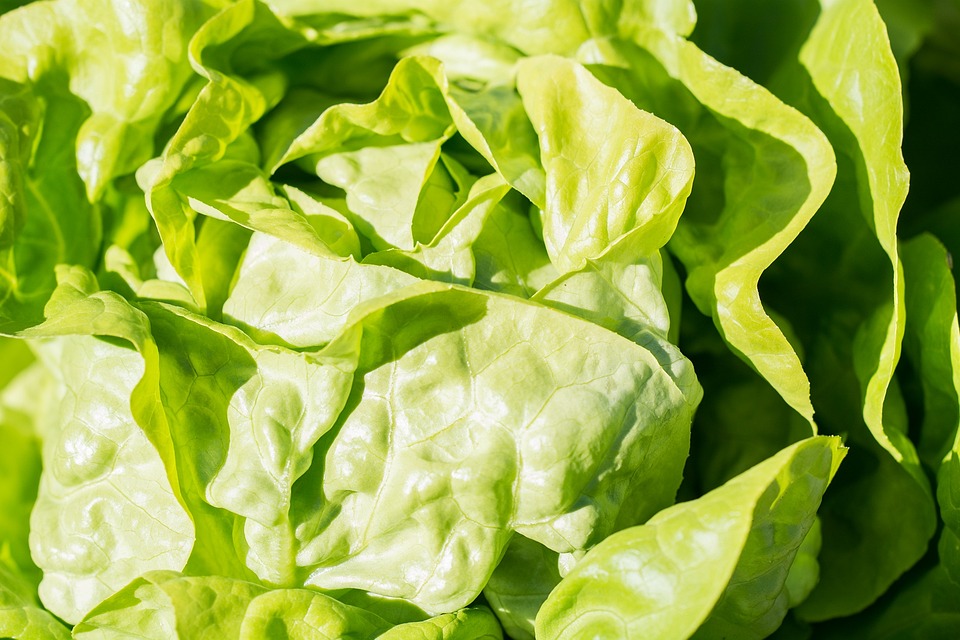Introduction
Having an edible garden is not only a source of fresh and nutritious food but also a rewarding and fulfilling experience.
The act of cultivating herbs, vegetables, and fruits not only nourishes our bodies, but also our souls.
In this article, we will explore the joy and nourishment that comes from cultivating an edible garden.
The Benefits of Gardening for the Body
Gardening is a wonderful way to improve physical health.
The process of tending to plants, digging in the soil, and getting sunlight provides various benefits:
- Exercise: Gardening is a low-impact exercise that engages muscles and improves flexibility and strength.
- Fresh and Nutritious Food: Growing your own food ensures that you have access to fresh and pesticide-free produce, rich in essential nutrients.
- Stress Relief: Spending time in nature and focusing on gardening tasks has been shown to reduce stress and improve overall mental well-being.
- Improved Immunity: Exposure to soil bacteria and being outdoors can strengthen the immune system, potentially reducing the risk of allergies and autoimmune diseases.
The Joy of Cultivating an Edible Garden
Gardening is not just about the physical benefits, but also about the simple joys it brings.
Here are some reasons why cultivating an edible garden can bring happiness and fulfillment:
- Connection with Nature: By growing your own food, you develop a deeper appreciation for the natural world and gain a sense of connection with the environment.
- Growth and Transformation: Witnessing the transformation of tiny seeds into thriving plants is immensely rewarding and reminds us of the inherent cycles of life.
- Therapeutic Value: Gardening can serve as a therapeutic practice, providing solace and peace in our increasingly busy lives.
- Harvesting the Fruits of One’s Labor: There’s nothing quite like the satisfaction of harvesting and enjoying the fruits, vegetables, and herbs grown with your own hands.
Nurturing the Soul through an Edible Garden
An edible garden not only nurtures our body but also nourishes our soul.
Here’s how gardening can provide deeper spiritual nourishment:
- Meditative Experience: The act of gardening can be meditative, allowing us to be fully present in the moment and cultivating mindfulness.
- Practicing Patience: Growing an edible garden requires patience as plants take time to grow and flourish.
This practice of patience can help us develop a greater sense of calm and resilience in our lives. - Appreciating the Cycle of Life: Gardening teaches us about the beauty and impermanence of life cycles, fostering a greater acceptance of change and the interconnectedness of all living beings.
- Connection to the Earth: Engaging with the soil and the natural elements in our garden can deepen our connection to the Earth, reminding us of our place in the larger ecosystem.
FAQs
Q: How do I start an edible garden?
Starting an edible garden can be as simple as finding a sunny spot in your yard or using containers on a balcony.
Begin by researching which plants are suitable for your climate and soil conditions, and gather the necessary tools and materials.
Consider starting with a few easy-to-grow herbs or vegetables before expanding.
Remember to water, fertilize, and provide adequate sunlight to help your plants thrive.
Q: What if I don’t have a green thumb?
Gardening is a skill that can be learned and improved over time.
Start small and be patient with yourself.
Remember that not all plants will succeed, and that’s okay.
Learn from any setbacks and adapt your gardening practices accordingly.
There are also plenty of resources available, such as books, online tutorials, and local gardening communities, that can provide guidance and support along the way.
Q: How much time should I dedicate to my edible garden?
The time dedicated to your edible garden will depend on the size and complexity of your garden, as well as the specific plants you choose to grow.
Initially, you may need to spend more time preparing the soil and setting up the garden.
As your plants grow, you will need to allocate time for watering, weeding, and monitoring their health.
It’s important to find a balance that suits your lifestyle and commitments.
Q: Can I grow an edible garden in a small space?
Absolutely! Even if you have limited space, you can still cultivate an edible garden.
Many plants can be grown in containers, hanging baskets, or vertical gardens.
Consider growing herbs, salad greens, or compact vegetable varieties that thrive in small spaces.
Utilize walls, windowsills, or unused corners to make the most of your available area.




